Iran FM: Anti-Israel Op. 'True Promise III' to come in 'due time, appropriate manner'
Iranian Foreign Minister Abbas Araghchi reiterates that the Islamic Republic has not foregone its right to respond to the Israeli regime’s most recent act of aggression, emphasizing that Tehran will decide when to carry out the retaliatory operation.
He made the remarks on Tuesday as he addressed a conference of the commanders and personnel of the Command Headquarters of the Islamic Revolution Guards Corps (IRGC) in the capital Tehran.
Asked by IRGC commanders about the timing of Operation True Promise III in response to the Israeli airstrikes against several Iranian military facilities late last month, Araghchi stated that the Foreign Ministry has clarified that the attacks amounted to a new act of aggression.
The top Iranian diplomat underscored that the Israeli aerial assault would be met with a response from Iran, saying, “We have not renounced our right to react [to Israel] and will show a reaction in due time and in a manner we deem appropriate.”
Araghchi said that the Foreign Ministry would never take knee-jerk decisions, saying Iran has already given a response after considering the overall conditions as well as probabilities and plots that may have been hatched against Iran so that it could prevent the spillover of war.
“The response must be given ... and we should not allow the enemy to come to the conclusion that it will be able to hit Iran without receiving any reaction,” Araghchi told the IRGC commanders.
Araghchi also said it is necessary to clearly declare strength and demonstrate readiness for war and defense in case one would like to avert a military confrontation.
“What prevents war from happening is actually readiness for war, and it should be noted that if the slightest sign of fear is shown in a situation where there is a threat of war, you have actually imposed war on yourself,” he asserted.
Araghchi also defined political deterrence as a matter of consensus among regional and trans-regional countries when it comes to the enemy's aggression, which he said would subsequently create a defensive shield.
“Political deterrence, alongside military preparedness, can create a wall of support and solidarity, further raise the voice of opposition to the Zionist regime, and considerably help prevent the spread of conflicts,” he noted.
In the early hours of October 26, Israeli warplanes used US-controlled airspace over Iraq to fire projectiles at military installations in Iran’s Tehran, Khuzestan, and Ilam provinces in a flagrant breach of the country's national sovereignty.
Iran said that the strike was "successfully" intercepted and countered by the country’s air defense system and that it caused limited damage to radar sites. Five people, including four Army officers and a civilian, were killed in the assault.
VIDEO | Austrians arrested at Gaza protest in Vienna
10 killed in bus crash in western Iran
5 Israeli forces killed as Palestinian fighters face up to regime’s war machine
VIDEO | An insider's view of the country: Persian Tahini, Royan in Mazandaran
VIDEO | Israeli settler killed during strike against Tel Aviv; fresh aggression targets Yemen’s capital
VIDEO | Yemen’s missile strikes on Tel Aviv
Iran to open 6 GW of new power capacity by next summer
VIDEO | South Korean rallies set the stage for battle over Yoon's impeachment


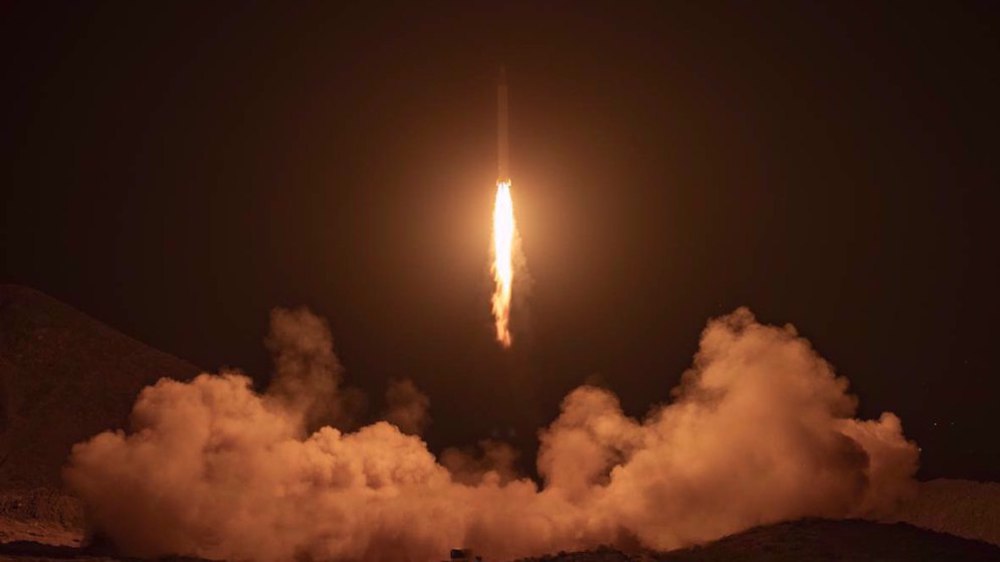
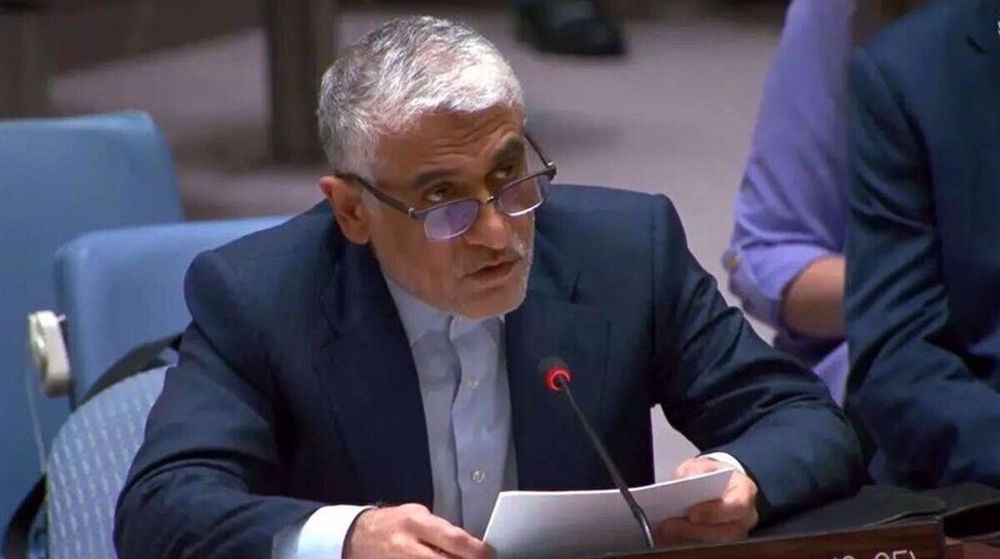
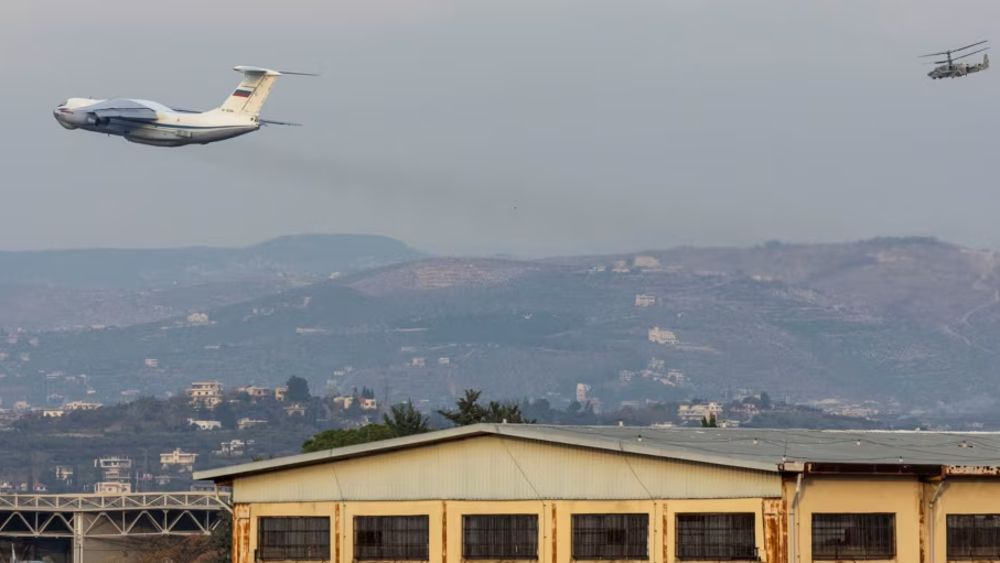
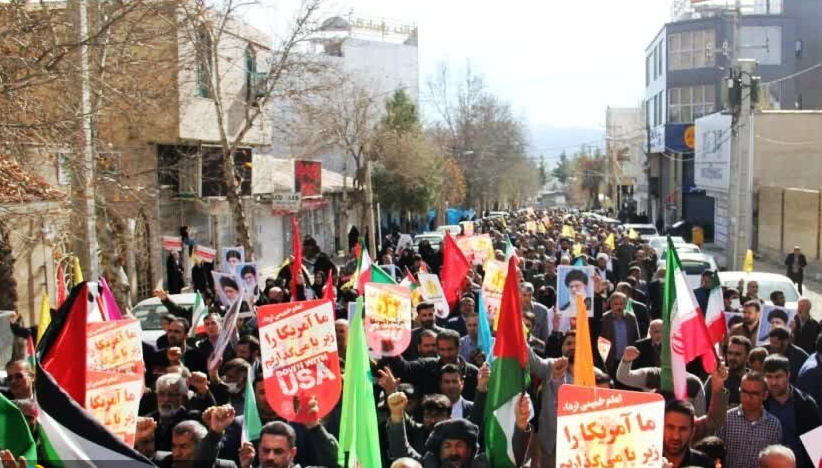




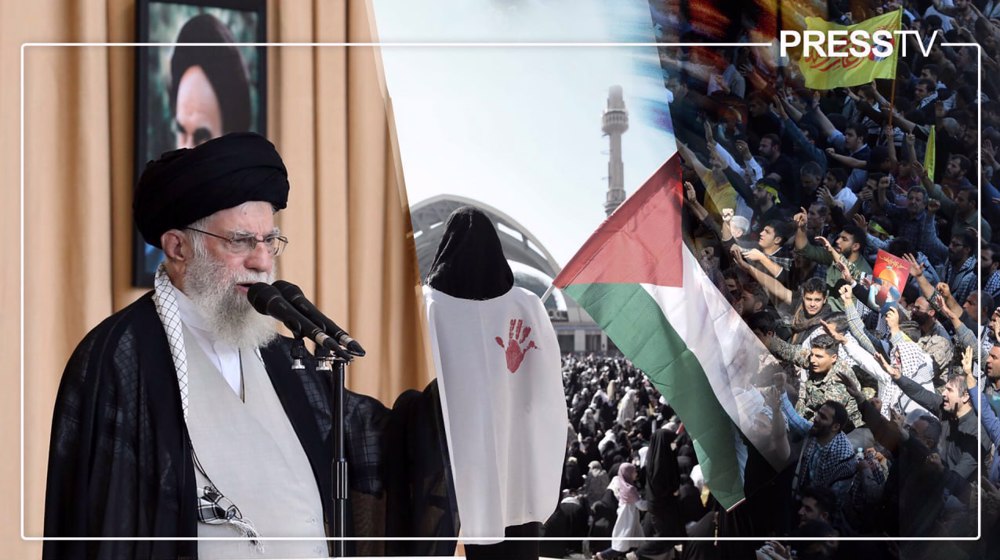
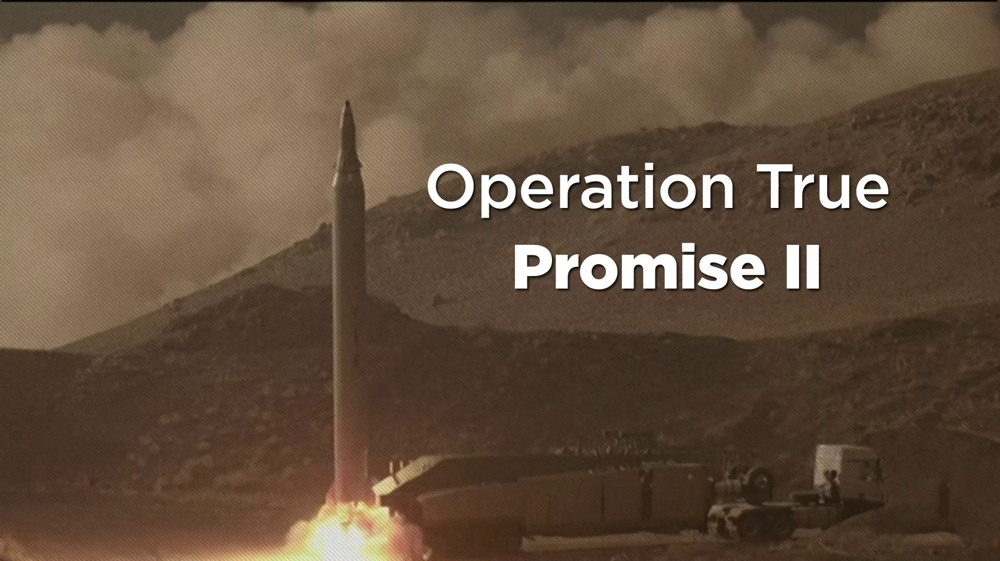
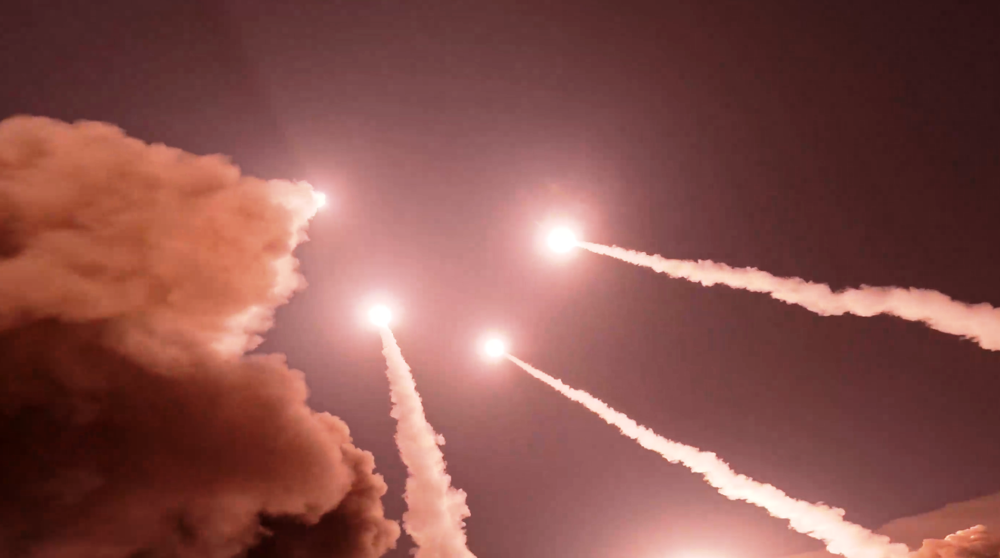
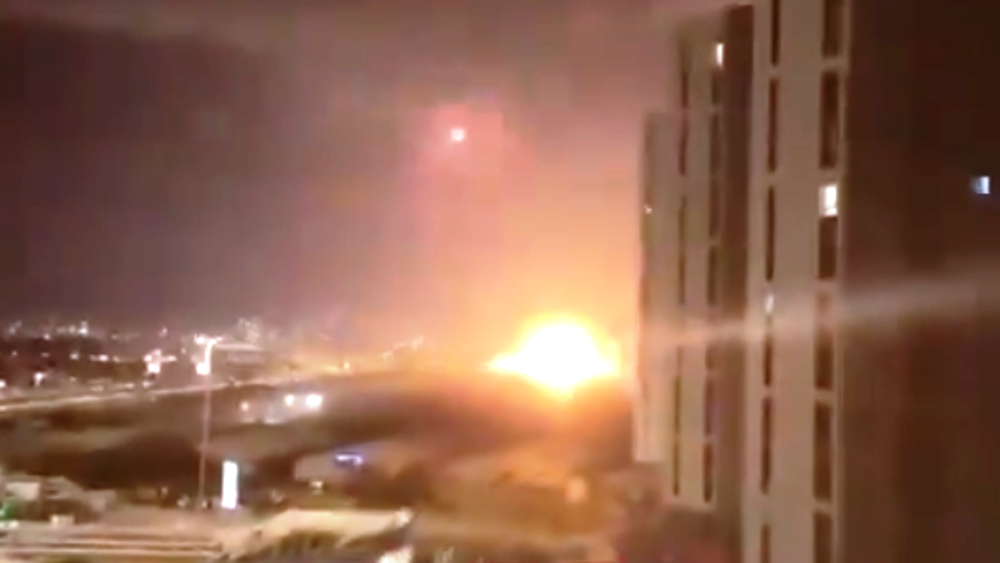

 This makes it easy to access the Press TV website
This makes it easy to access the Press TV website